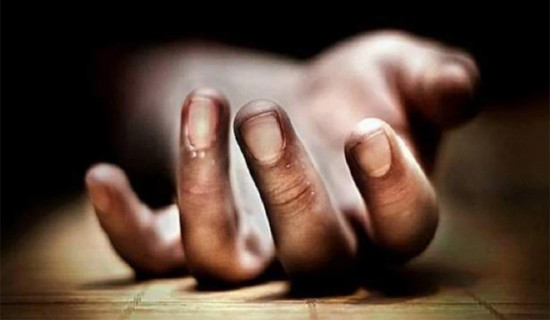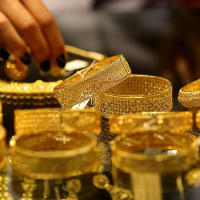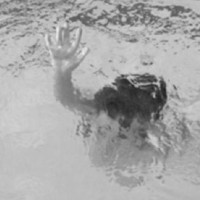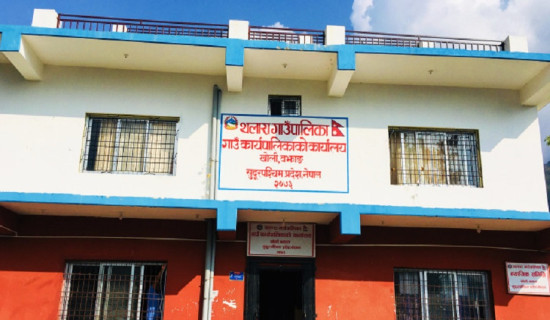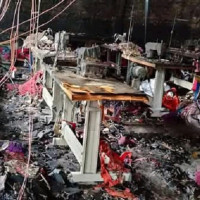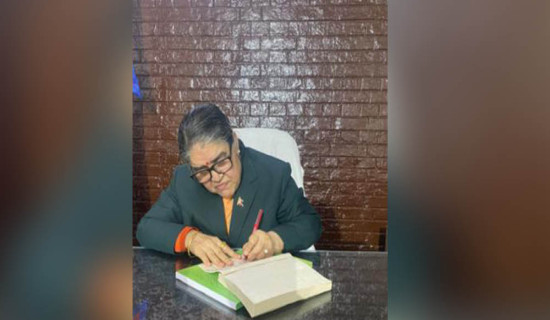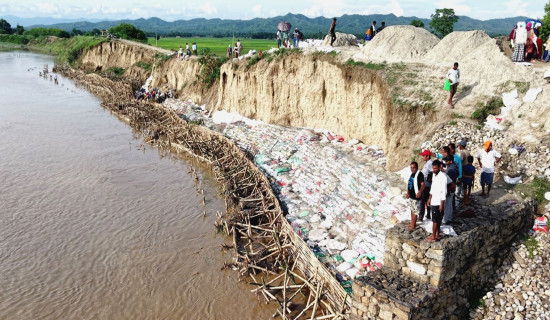- Wednesday, 16 July 2025
Leaders underscore regional unity to combat terrorism
By A Staff Reporter,Kathmandu, July 11: Nepali Congress leader and former Defence Minister Dr. Minendra Rijal has said that a terrorist attack on India would have spillover effects on Nepal.
Speaking at a seminar on “Terrorism in South Asia: Challenges to Regional Peace and Security” organised by the Nepal Institute for International Cooperation and Engagement (NIICE), in Kathmandu on Wednesday, he called for global unity-similar to the solidarity seen after the September 11 attacks in the United States to combat terrorism effectively.
Similarly, another NC leader and former Foreign Affairs Minister, NP Saud, said that Nepal and regional powers should develop a clear mechanism to control terrorism, warning that terrorism affects everyone indiscriminately.
Advisor to the President and former Minister, Sunil Bahadur Thapa, said that groups like Lashkar-e-Taiba (LeT) and Jaish-e-Mohammed (JeM) have historical ties to Al-Qaida, posing risks to India and potentially using Nepal as a transit point.
Rastriya Swatantra Party leader and former Minister, Shisir Khanal, said that India’s immediate and forceful response, including military action through ‘Operation Sindoor’ and diplomatic expulsions, has established a new threshold in regional counter-terrorism.
Former Diplomat and advisor to former Prime Minister Sushil Koirala, Dr. Dinesh Bhattarai, said that the Pahalgam attack was the deadliest in recent years, because the victims were brutally killed after asking them to disclose their religion.
Former Major General of the Nepali Army, Dr. Purna Silwal, emphasised that countries must avoid double standards in counter-terrorism efforts if terrorism is to be eradicated.
Former ambassador Madhu Raman Acharya stressed the need for intelligence sharing and joint border patrolling between Nepal and India.
He added, “In the fight against terrorism, we are with India.” Nepali Congress MP Chanda Chaudhary highlighted the importance of curbing money laundering as a means to prevent cross-border terrorism.
The seminar brought together senior political leaders, former ministers, security experts, academicians, and scholars, and was attended by over 150 participants, including members of the diplomatic community, civil society, policymakers, journalists and academics.



